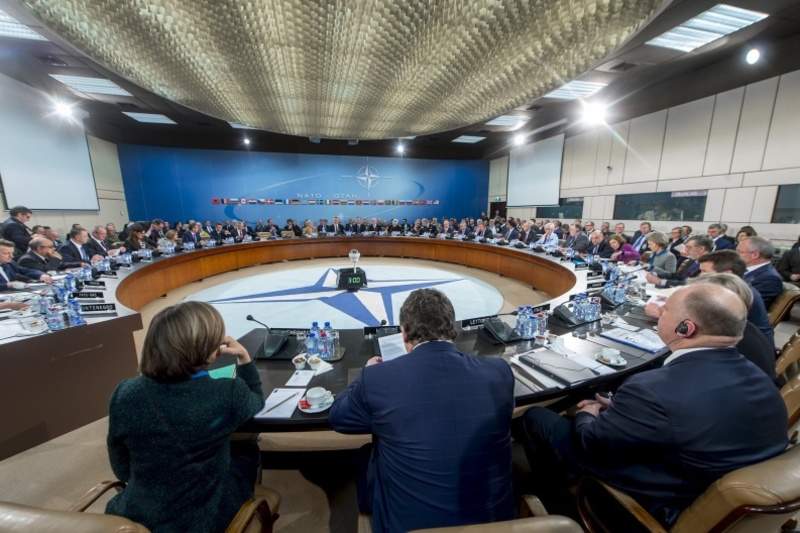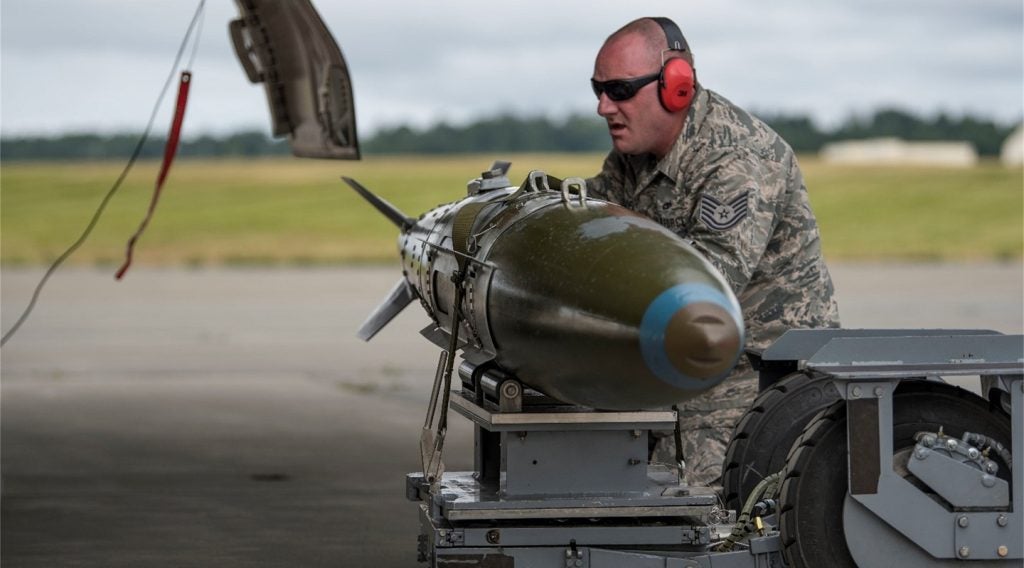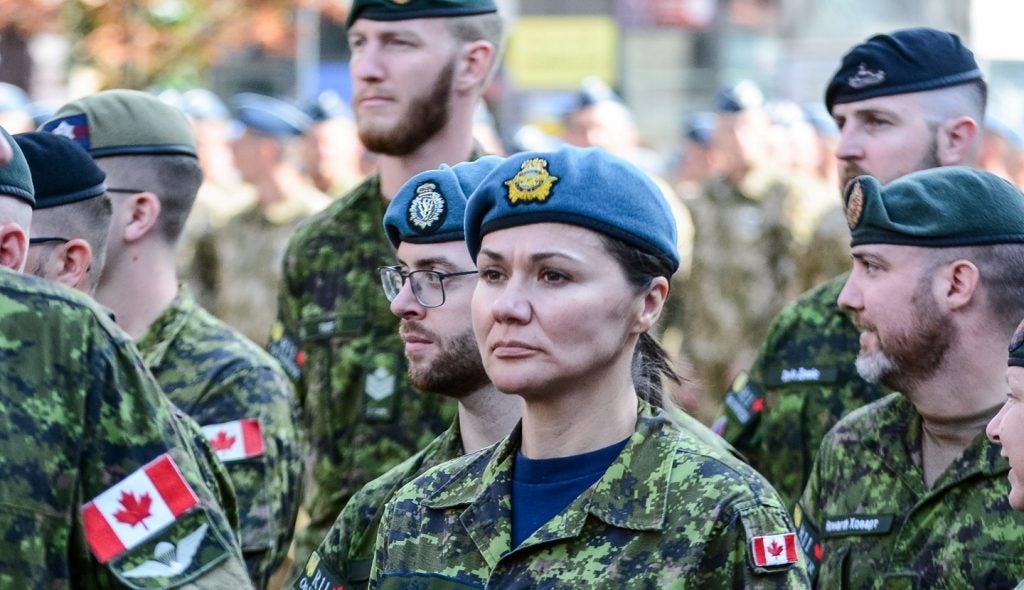
Nato defence ministers have approved the Alliance Joint Air Power Strategy, which aims to ensure the stability and security of Nato airspace, at a meeting held in Brussels.
The new strategy offers long-term guidelines in the development of Nato air capabilities in addition to defining airforce adaptation the alliance is expected to pursue in the future to be in line with the changes in the security environment.
The Alliance Joint Air Power Strategy has been drafted amidst rising security challenges in the present security environment, including in the Baltic region, due to the aggressive posture and actions of Russia.
Lithuania National Defence Minister Raimundas Karoblis said: “Development of such capabilities as air defence is very important for us because of the shortage of these capabilities in the region in comparison to what is needed for an effective response to Russia’s A2/AD capabilities in the region.
“Enhanced Nato air power will ensure control and defence of Nato airspace, which significantly strengthens collective defence and deterrence.”
The Nato air capabilities will help provide the allies with a quick and precise response either alone or jointly with land, maritime, or special operations forces, in addition to providing flexibility to joint forces.
How well do you really know your competitors?
Access the most comprehensive Company Profiles on the market, powered by GlobalData. Save hours of research. Gain competitive edge.

Thank you!
Your download email will arrive shortly
Not ready to buy yet? Download a free sample
We are confident about the unique quality of our Company Profiles. However, we want you to make the most beneficial decision for your business, so we offer a free sample that you can download by submitting the below form
By GlobalDataThe ministers also addressed Nato’s readiness to send in reinforcement in case of a crisis.
Karoblis added: “High readiness forces and speedy decision-making are crucial for ensuring a timely and effective reinforcement in a crisis, which is particularly relevant in the Baltic region.”







